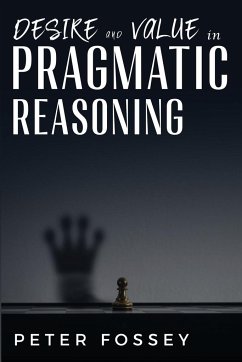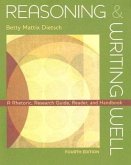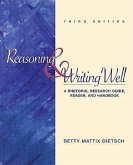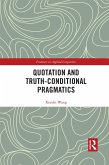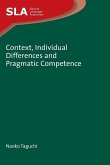Intentional actions are those which are performed because the subject sees something to be said for performing them; the subject sees performing the action "in a positive light". Intentional actions are therefore susceptible to a distinctive kind of explanation, which explains them as intentional; that is, which accounts for them in terms of their unique property, of being performed because the subject sees that there is something to be said for doing so. Practical reasoning is the process of figuring out what there is reason to do; that is, what actions are best supported by the considerations available to the subject. To put it another way, practical reasoning is the process of figuring out which actions there is the most to be said for; so practical reasoning explains intentional action "properly", i.e., in terms of its special properties. Many philosophers, loosely following the lead of David Hume, have argued for a close connection between desire and intentional action. If desires explain intentional actions properly, then they must do so through practical reasoning; that being the case, how do they do it? Another sizeable group of philosophers, the anti-Humeans, have argued that desires cannot explain intentional actions properly; they claim that desires are not the right sorts of things to appear in the premises of arguments, do not count in favour of any action, do not constitute evaluations of any action, and are in any case too fickle and lawless to take part in distinctively normative forms of explanation.
